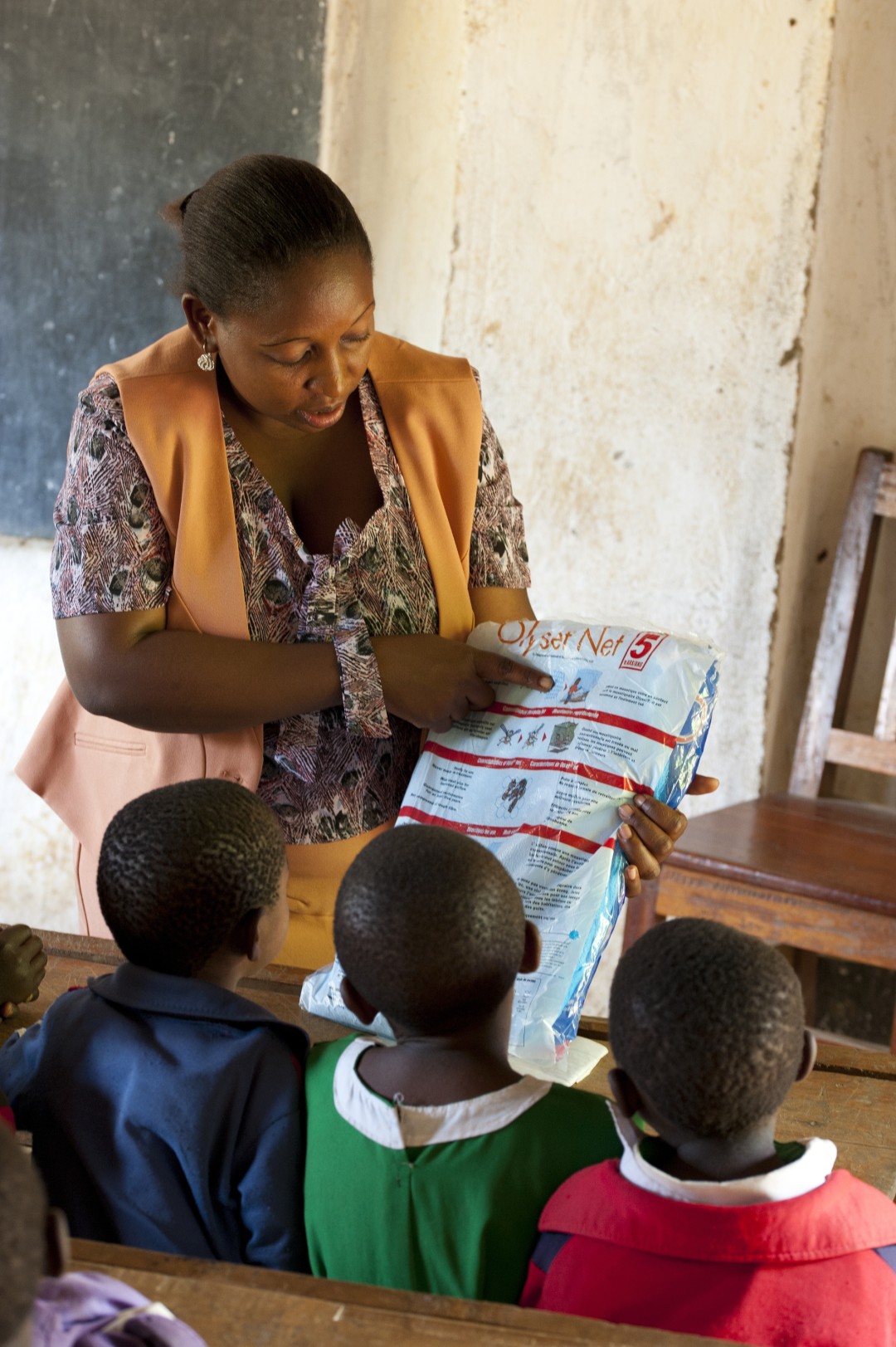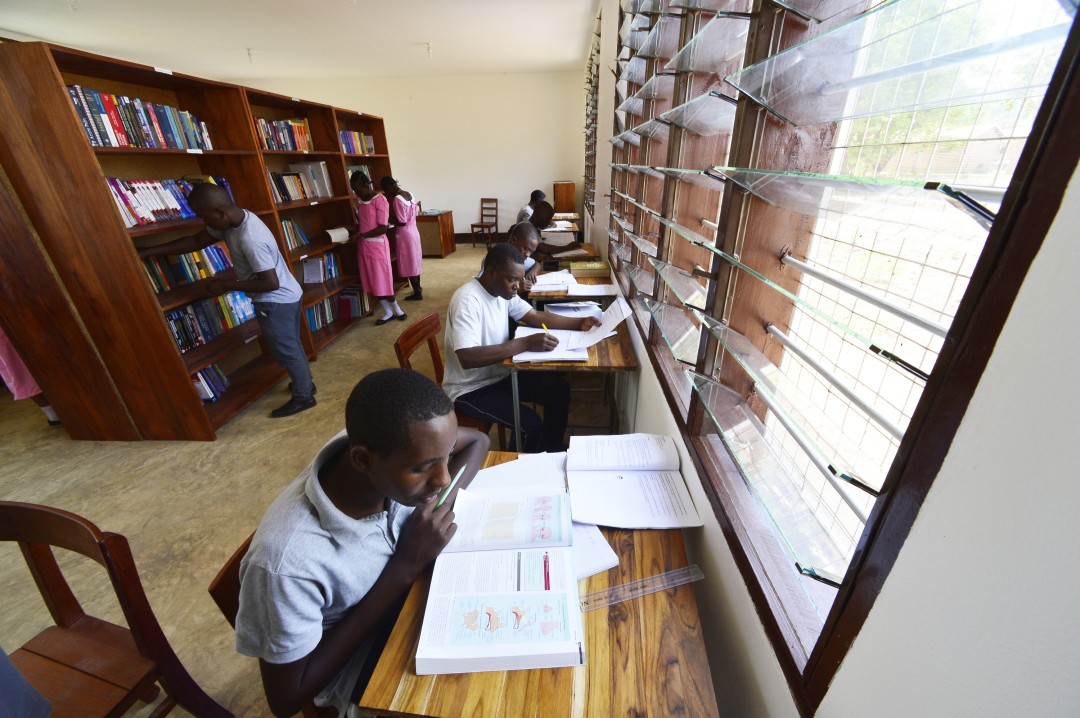Strengthened nurses’ training in Tanzania
The project had two objectives. One was to help the Lugala Nursing School to conform to new official criteria, which called for the creation of a second classroom, a library and a laboratory for practical work. The second was to improve the level of nurses’ education by increasing the number of qualified teachers and improving teaching materials. The project thus aimed to improve access to health care for rural communities in the region, which counts some 160,000 people. It also aimed to offer training opportunities to young adults to help them enter employment.
The project successfully extended the nurses' training facilities at the Lugala Nursing School, to conform to new infrastructure requirements set by the Ministry of Health, with the aim of improving the quality of nurses' education. In parallel, it contributed to the quality of teaching by improving teaching materials and methodologies. The Lugala School of Nursing delivers quality training to 100 students a year, increasing the number of health staff in the Ulanga District.
SolidarMed is a Swiss association for health in Africa established in 1926. It places particular emphasis on primary care in the poorest regions of Tanzania, Mozambique, Lesotho, Zambia and Zimbabwe. Its priority is to support local partners and its assistance programs focus on the fight against diseases such as AIDS, tuberculosis and malaria.
Type
Health / Education / Community DevelopmentDuration
Janvier 2012 - décembre 2012Location
Ulanga District / TanzaniaWith whom
SolidarMed
Website


Tanzania
Population
57.3 million (2017)
Per Capita Income
USD 920/year
Poverty rate *
28% (2011)
Literacy rate
78% (2016)
Human Development Index
154TH OUT OF 189 COUNTRIES (2018)
Tanzania has experienced high and relatively stable growth rates over the past decade. At the same time, Tanzania is lagging in primary school completion, maternal health, poverty eradication, malnutrition and environmental sustainability. While the poverty rate has recently declined, the absolute number of the poor has not changed due to the fast pace of population growth (3% per annum). It has made little progress towards reducing extreme hunger and malnutrition, particularly in rural areas. However, scrapping contributions for primary and secondary school has drastically increased primary school enrolment.
Sources: World Food Program, UNICEF, World Bank, 2016 Human Development Report, Human Development Indices and Indicators (2018 Statistical Update)
*The percentage of the population living below the national poverty line.